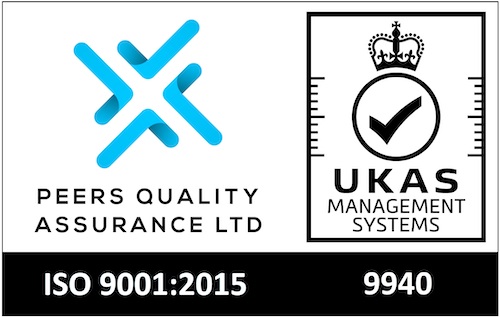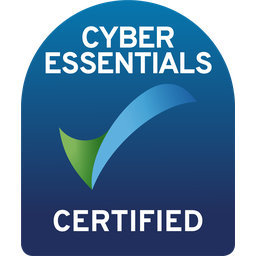Vetting Checks For the Property Sector
Do You Need A DBS Check to be an Estate Agent?
If you are working in the property industry as an estate agent, you’ll already know that your role is regulated under the Estate Agents Act (EEA) 1979. The purpose of the EEA is to ensure that estate agents act in the best interests of clients, with both buyers and sellers treated with honesty, fairness, and promptness. Estate agents that do not comply with the EEA could be banned from working as an estate agent.
As well as operating in accordance with the EEA, estate agents are also required to undergo a (Disclosure and Barring) DBS check prior to practising as an estate agent.
What Type of DBS do Estate Agents Need?
To work as an Estate Agent in the UK, you will be required to undertake a Basic DBS check.
What is a Basic DBS check for Estate Agents?
Estate agents are required to undergo a basic DBS check, under the 1974 Rehabilitation of Offenders Act. Whereas other professions require a DBS check to ensure they are safe to be around the general public and vulnerable people, estate agents require a DBS check because they hold a frontline role in society and work with the general public on a frequent basis.
Like architects, solicitors and accountants, estate agents must undergo a Basic DBS check to ensure that they are suitable to hold such a position of responsibility.
What does a Basic DBS Show?
The lowest level of DBS check in the UK, the Basic DBS check is a basic criminal record check. A Basic check shows any unspent convictions and/or conditional cautions on a personal criminal history.
Can I run a DBS check on myself?
If you are a self-employed estate agent, you can run a Basic DBS check on yourself, using an online provider, like MyVetting. Estate agencies can also request a DBS check for you through our system. It’s important that you complete any actions requested quickly so that it won’t delay your DBS application. You will be asked to supply forms of personal identification. Traditionally, this used to require a face-to-face meeting, but MyVetting’s streamlined online system means you can upload your evidence remotely.
What documents do I need for an online Basic DBS check?
Your passport
Your driving licence
Your National Insurance Number
A debit or credit card statement
Your addresses for the last 5 years and the dates you resided there
How long does DBS take?
Applying for Estate Agent DBS check is quick and simple.
Register in seconds and send check alerts directly to the applicant. They’ll be alerted instantly and can begin the check process straight away. Don’t worry – if they’re busy and forget to start their check, we’ll send them a text reminder after 24 and 48 hours.
When your employees upload their proof of identity, their reports will be returned within 5-10 days.
Apply for an Online Estate Agent DBS Check






